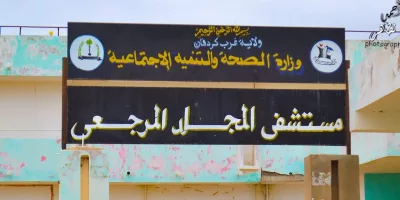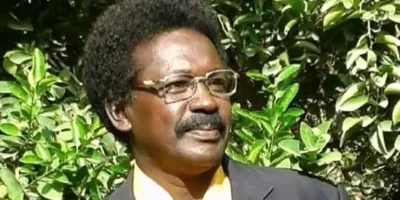Press release, Committee for Justice
Geneva: August 16, 2022
Since the launch of the national dialogue initiative sponsored by President Abdelfattah el-Sisi in April and the presidential pardon commission, the Committee for Justice has documented the release of 332 detainees, but at the same time, the organization has also documented 950 cases of arbitrary detention.
332 cases of release:
In a position paper on the efforts of the presidential pardon commission, CFJ has documented the release of 332 prisoners. Seven of these cases were released based on a presidential pardon, while the rest were released based on decisions from the investigation authorities while they were in pretrial detention.
Those released include political prisoners Hossam Mounis, Yahya Hussein Abdel Hadi, Ahmed Samir Santawi and Hisham Fouad, who all received a presidential pardon, in addition to human rights lawyers Amr Imam, Mohamed Ramadan, researcher Kholoud Saeed, and others who obtained a release order from the investigation authorities.
950 cases of arbitrary deprivation of liberty:
Simultaneously, CFJ has documented nearly 950 cases of arbitrary deprivation of liberty, including 53 cases of enforced disappearance, seven incidents of torture inside prisons and places of detention, 22 cases of poor detention conditions, ten cases of deprivation of health care, and 16 cases of deaths inside detention facilities.
CFJ, with the assistance of the victims’ families, also documented the persistence of patterns of poor conditions of detention and denial of health care inside prisons and detention centers against at least 20 detainees in several facilities, including: Tora prison complex, Al-Qanater prison for women, and Wadi Al-Natrun prison.
An obvious contradiction:
Based on the above, CFJ stressed that the Egyptian state has shown contradictory policies with regards to political prisoners, releasing a few while continuing to hold more people in custody for years without trials. Some have been handed verdicts in connection with political trials, such as the former presidential candidate and head of the Strong Egypt party, Abdel Moneim Aboul Fotouh, who has been sentenced to 15 years in prison, along with Mohamed al-Qassas and Moaz al-Sharqawi, both have been sentenced to to 10 years in prison, on charges related to the notorious anti-terrorism law.
Calls to expand the work of the pardon commission:
At the conclusion of its paper, CFJ said that it closely monitors the current faltering political and economic situation in Egypt, and considers it as an expected outcome of many years of repression and absence of politics. The narrative of “security in exchange for repression” under the pretext of combating terrorism has fallen, as the Sisi government is now resorting to the same political parties that it has long marginalized from the political scene to share responsibility with them for what happened.
CFJ also expressed its hope that the efforts to release political detainees and prisoners of conscience would not stop. Releasing one prisoner is certainly a political and human rights gain. CFJ has reiterated its call to the authorities to adopt a policy that is less contradictory and clearer towards the limits and powers of the work of the presidential pardon committee, raisng the numbers of those released and eventually expanding the scope of work to include all prisoners of conscience in Egypt, as the regime finally acknowledged their existence after years of denial.






